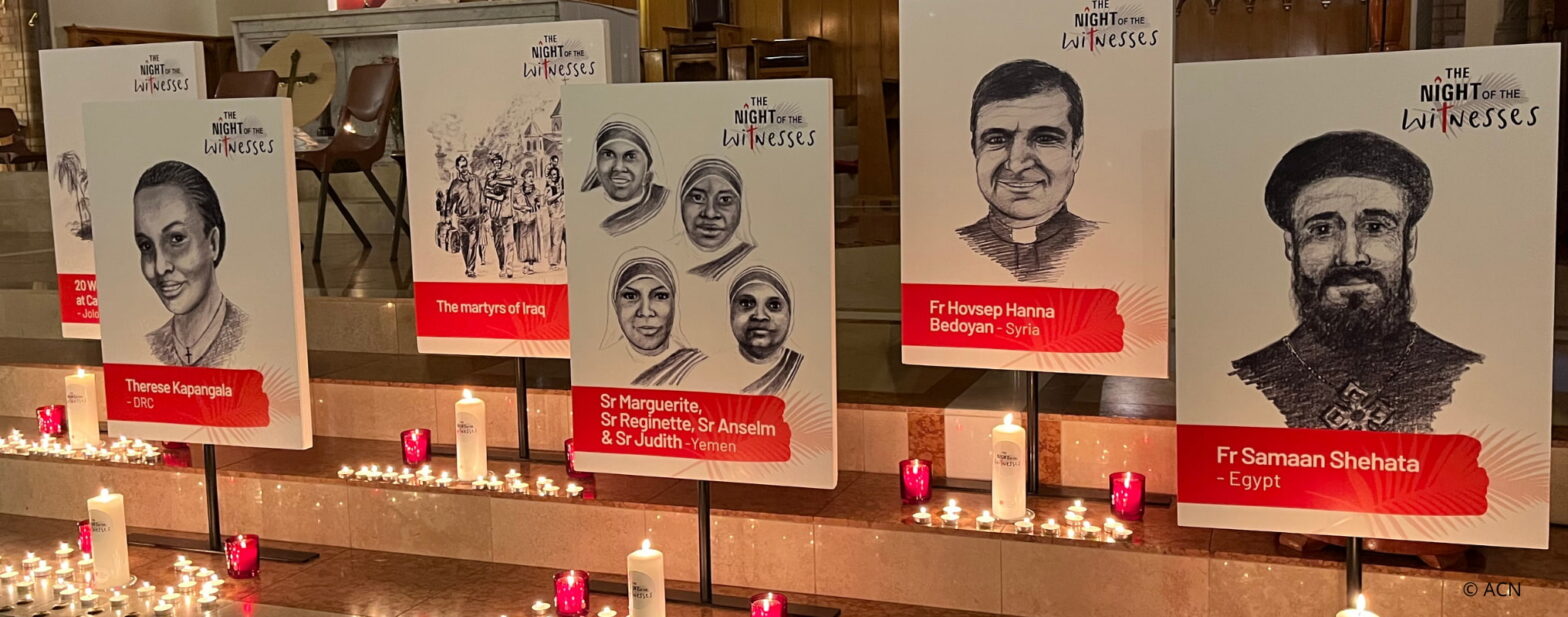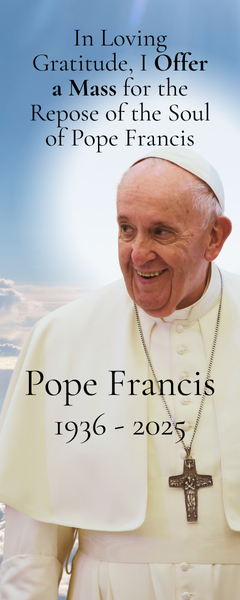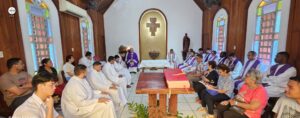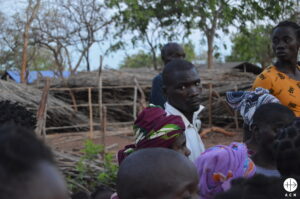Fifth anniversary of the International Day Commemorating Victims of Violence Based on Religion or Belief. (Cover photo: The Night of the Witness 2022 in Canberra, Australia).
22 August 2024 marks the fifth anniversary of the International Day Commemorating Victims of Violence Based on Religion or Belief, established by the United Nation (UN) General Assembly in 2019. Aid to the Church in Need (ACN) recently interviewed Dr Ewelina Ochab, a lawyer, human rights advocate, and author who came up with the idea and helped secure the support of states for the establishment of the commemoration.
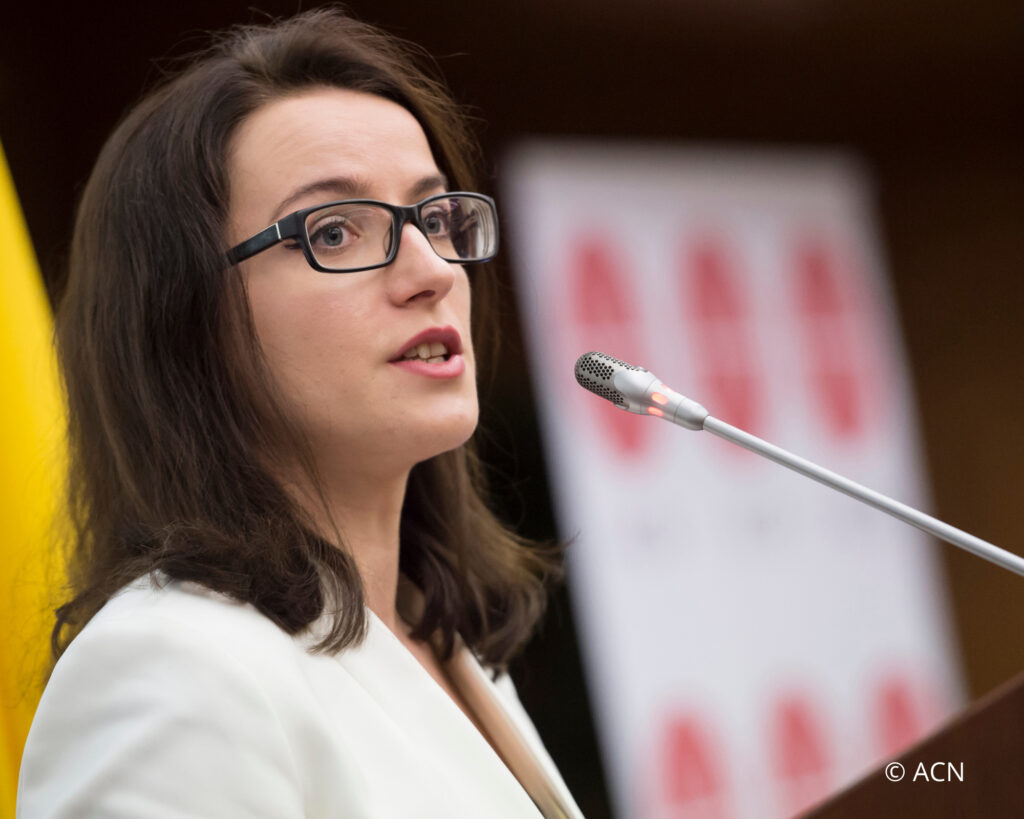
In that same year, inspired by the testimony and spurred by the ongoing IS atrocities against religious minorities (including Christians, Yazidis and others) in Syria and Iraq, Dr Ochab took the initiative to draw attention to religious freedom violations and called on the international community to act. “I drafted the proposal for a resolution and started approaching states to support it and make it happen”, she recalls.
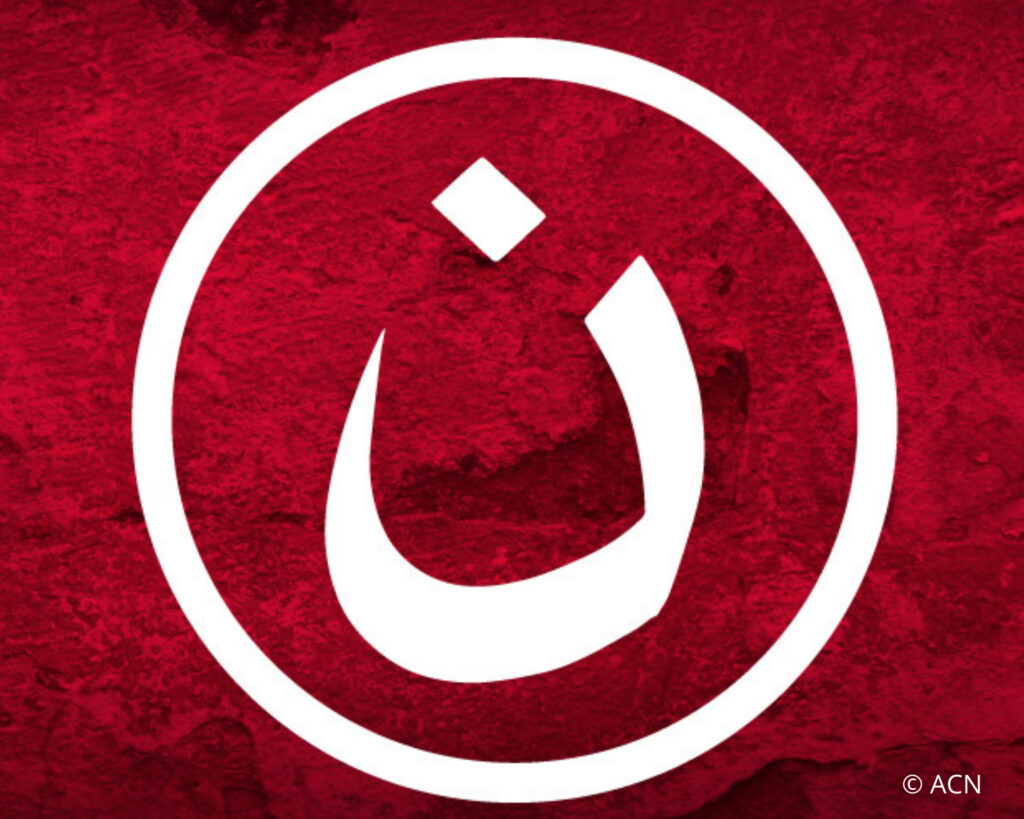
The path was arduous requiring comprehensive research and then coalition building to garner the necessary votes. Noting the information and advocacy support by ACN in the early days, Dr Ochab remembers how the pontifical charity had been “supportive from the very beginning, also approaching states and politicians and trying to build a consensus that this is indeed needed.”
UN members from the United States, Canada, Brazil, Egypt, Iraq, Jordan, Nigeria and Pakistan were the primary sponsors who worked on the draft before tabling it at the UN General Assembly. Dr Ochab recalls that “as we worked to establish the day, not only were memories of the horrific atrocities committed against Yazidis, Christians and other religious minorities still fresh in the minds of the members, but also an understanding that in many other parts of the world similar attacks were still taking place. It was very clear that more needed to be done to ensure that we pause and focus on the violence, which was omnipresent”.
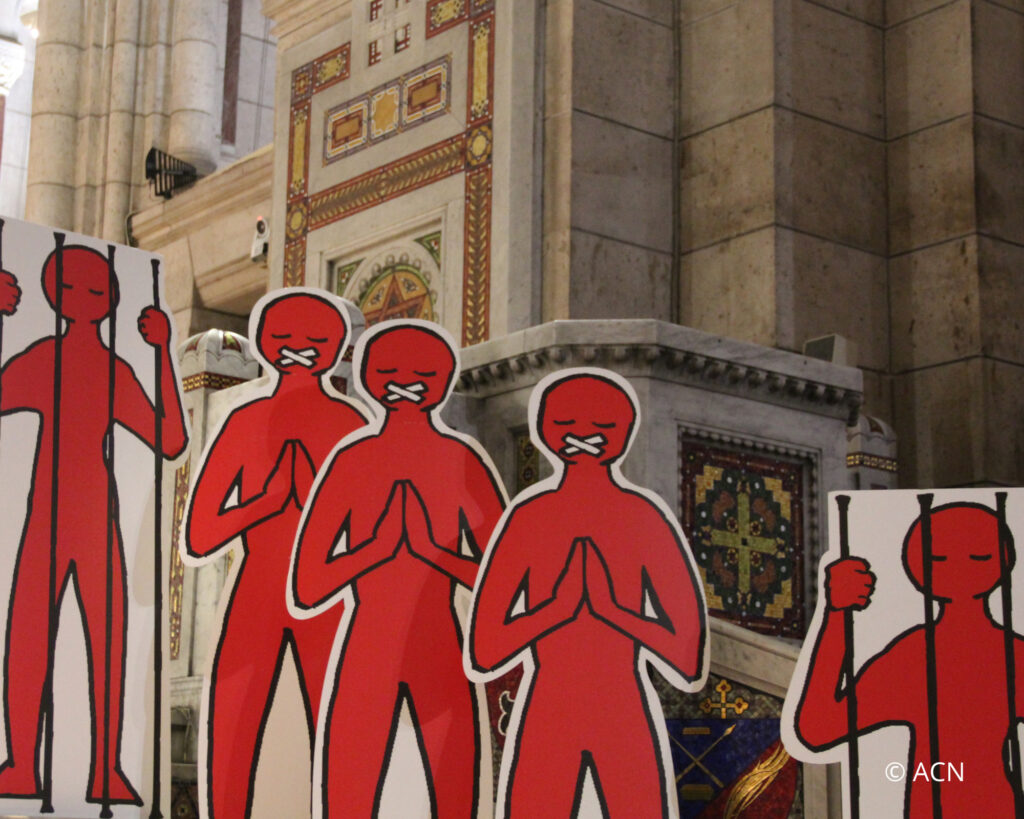
The proposed resolution was ultimately introduced to the United Nations General Assembly by Poland, Dr Ochab’s native country. With the support of more than 80 countries, member states of the UN General Assembly recognized the urgent need to focus more on the issue of violence based on religion or belief and an International Day Commemorating Victims of Violence Based on Religion or Belief was established on 22 August 2019.
Dr Ochab notes that by establishing the memorial date, the UN General Assembly acknowledged the pain and suffering of victims of violence because of their religion or belief: “they are no longer invisible victims/survivors. This day belongs to all victims/survivors of violence based on religion or belief – past, present and future. This day should encourage and strengthen them to be agents of change”.
It has been five years since the establishment of the commemoration, yet Dr Ochab warns that sufficient concrete action has yet to be undertaken: “The situation has not improved and world-wide there are still far too many examples of religious-based violence. From Darfur to Democratic Republic of Congo, from Nigeria to Cameroon, to Nagorno-Karabakh, and the list goes on. Also in Iraq, today, 10 years after the Daesh atrocities, the situation for minorities in Iraq is getting worse, and the future looks bleak”.
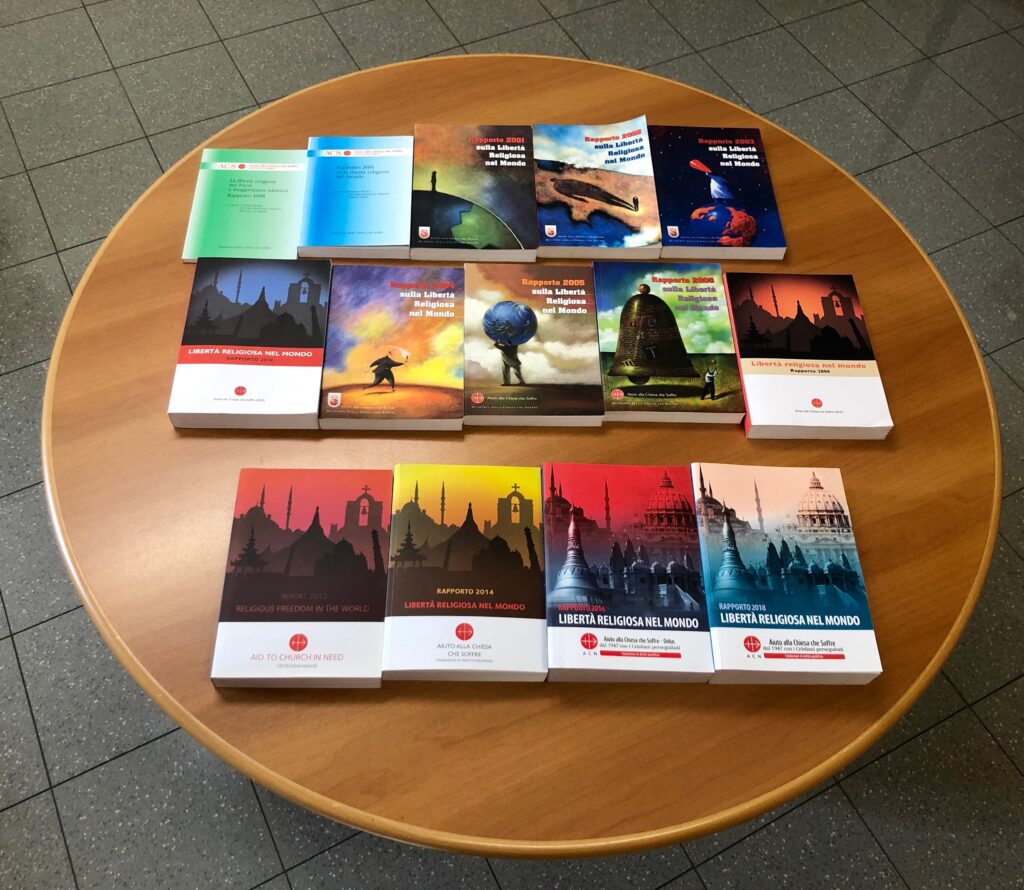
As documented by the 2023 Religious Freedom in the World Report, an ACN publication celebrating its 25th anniversary, violence based on religion or belief continues to escalate in the world. As ACN noted upon the inaugural UN announcement, the June 22 observance should be a first step in a process towards an internationally coordinated plan of action by the UN and member states to end religious persecution. Dr Ochab agrees and is calling that commemoration be accompanied by action: “The international day in itself can educate, but states need to do more to actually prevent such violence. This will not happen without action”. She continued: “We must have strong mechanisms to ensure identifying early warning signs and risk factors, and comprehensive strategies to respond, we must ensure that all such crimes are investigated and prosecuted, and we must ensure that victims/survivors are provided with the assistance they need. Five years later, very little has been done in this direction. We need an action plan, with clear deliverables, with clear deadlines – and to implement it step by step, without any excuses”.
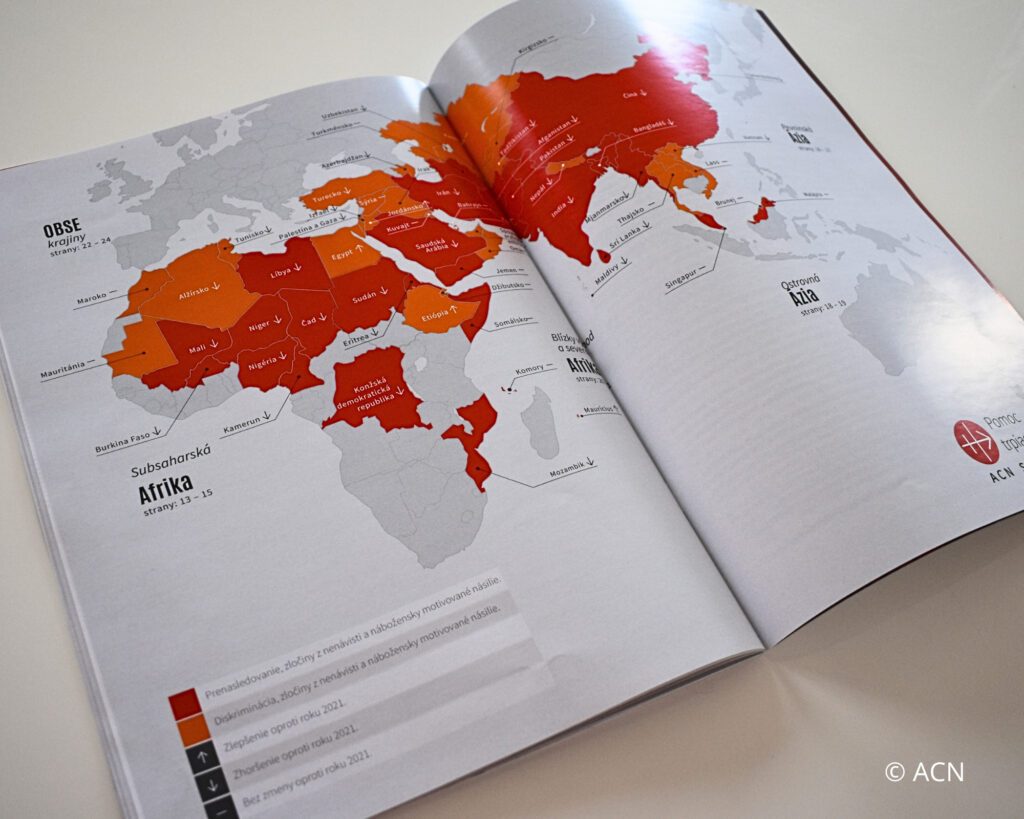
Read the Executive Summary, 2021-2023.
https://acn-canada.org/religious-freedom-report-2023-executive-summary/

